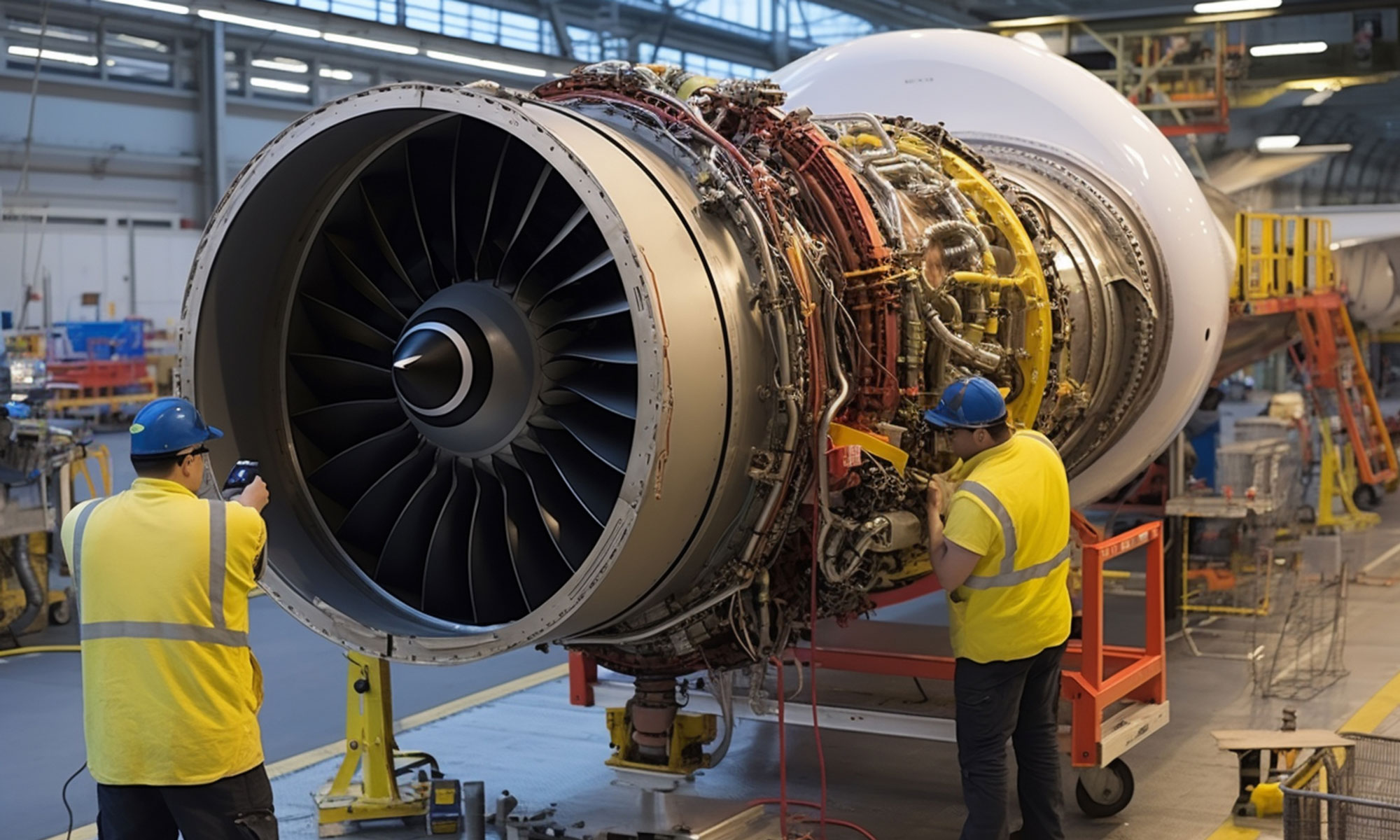Six new master’s concentrations at the Virginia Commonwealth University (VCU) College of Engineering provide more academic opportunities for students. These new master’s concentrations will be available in the 2024-25 school year, beginning fall of 2024.
Specialization areas include:
- Aerospace Engineering
- Engineering Management
- Environmental and Sustainable Engineering
- Rehabilitation Engineering
- Systems Engineering
- Tissue Engineering and Regenerative Medicine
“These new master’s programs are the next step in our college’s transformation aimed at providing working engineers the specialized training they need to serve the regional and national engineering industry as an in-demand, expertly-trained workforce,” said Azim Eskandarian, D.Sc., Alice T. and William H. Goodwin Jr. Dean for the College of Engineering.
Aerospace Engineering
The new aerospace engineering master’s concentration, offered through the mechanical and nuclear engineering department, equips students with practical skills applicable to flight and space mechanisms. Aerospace engineering provides diverse employment prospects in material science, mechanical design and sensor development. According to John Speich, Ph.D., professor and interim chair of the Department of Mechanical and Nuclear Engineering, the program leverages proximity to aerospace industry hubs near Washington, D.C. and the Virginia Beach area, making it an attractive option for working professionals.
Engineering Management
Designed for cross-disciplinary team leadership, the engineering management concentration will capitalize on the success of VCU Engineering’s online mechanical and nuclear engineering graduate program. Tailored for engineers, the program emphasizes practical coursework, with advising and close support from faculty. It prepares students to manage technical resources and solve problems that require close cooperation between technical and non-technical staff, positioning graduates to take on leadership roles. Karla Mossi, Ph.D., professor and graduate program director, highlights the commitment to student success through hands-on faculty advising.
Environmental and Sustainable Engineering
The master’s concentration in environmental and sustainable engineering introduces students to new techniques for evaluating and incorporating environmental impacts in design and decision making. Proximity to policymakers in Richmond, VA, and Washington, D.C., along with connections to energy and water companies, provides students with opportunities to contribute significantly to the field.
“Students will learn how to maximize returns on materials and energy while preserving our environment by creating more sustainable workflows. This knowledge could impact thousands of products we rely on every day, from personal care products and pharmaceuticals to biosensors and smart clothing to electronics and batteries,” said Nastassja A. Lewinski, Ph.D., associate professor and graduate program director.
Rehabilitation Engineering
The rehabilitation engineering concentration focuses on applying engineering skills to develop technology that aids physical and cognitive recovery. Partnerships with leading health organizations, like VCU Health, Richmond VA Medical Center and Sheltering Arms Institute, allow students to gain practical experience in this impactful field.
“Our graduates will learn the skills needed to become leaders in industry, research or clinical settings, where their work will benefit patients and individuals with disabilities,” said Dean Krusienski, Ph.D., professor and graduate program director. “Our master’s program students will use their knowledge to develop innovative technological solutions to challenges in rehabilitation engineering.”
Systems Engineering
The concentration in systems engineering equips students to lead interdisciplinary teams in designing complex systems. Emphasizing technology across various engineering disciplines, the program provides a comprehensive foundation for graduates.
“Our program develops a foundation in systems design with an emphasis on technology, and broadens their skills through elective graduate coursework in electrical, computer, biomedical, mechanical, nuclear, chemical and life science engineering, computer science, and business,” said Afroditi V. Filippas, Ph.D., professor, graduate program director and Vertically Integrated Projects (VIP) director.
Tissue Engineering and Regenerative Medicine
Studying molecular, cellular and biochemical aspects of tissues, the tissue engineering and regenerative medicine master’s concentration applies engineering principles to advance medical treatments and therapies. Students gain experiences such as growing replacement blood vessels and muscle tissue in a lab. Krusienski emphasizes the program’s focus on cutting-edge advancements in biomaterials design and development, cellular and molecular engineering, musculoskeletal tissue engineering, and immuno-engineering that students will have the opportunity to explore.
These new concentrations offer an innovative and practical approach to mastering engineering skills, providing master’s students with valuable knowledge and hands-on experience to take an engineering career to the next level.
